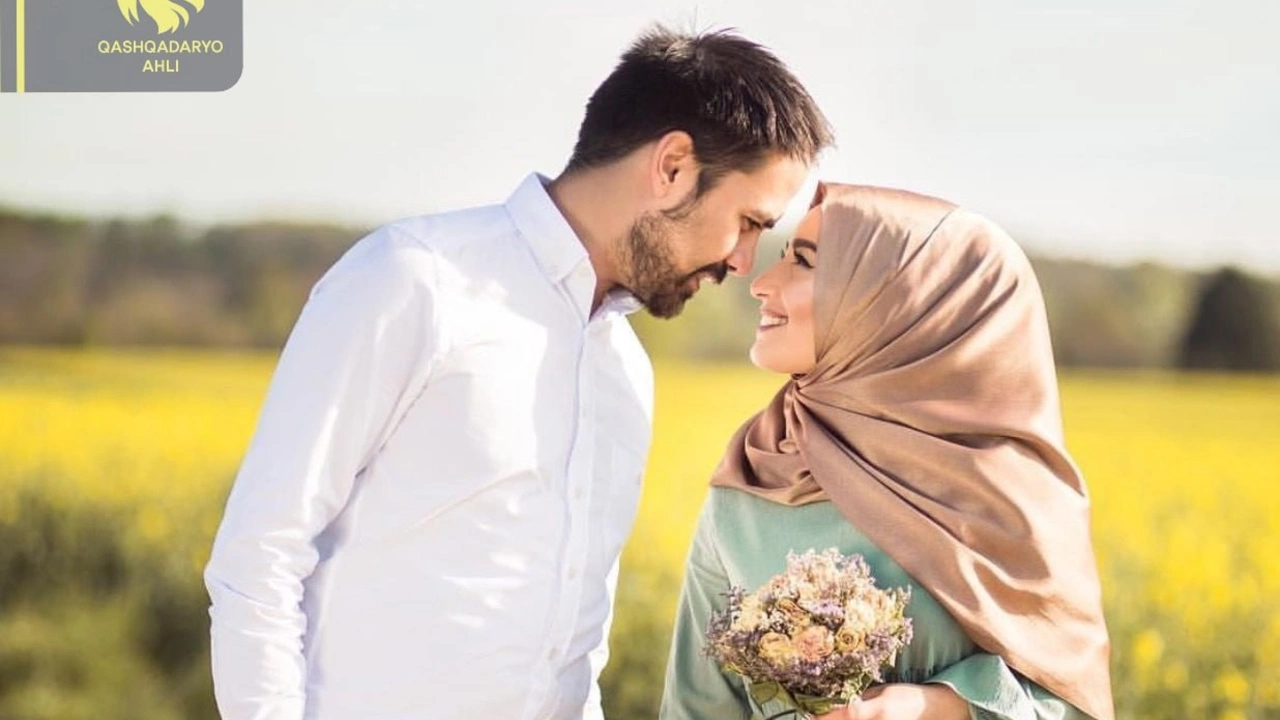Interfaith Relationships: Real Talk for Muslim & Non‑Muslim Couples
If you’re dating someone from a different faith, you’ve probably felt a mix of excitement and uncertainty. It’s normal to wonder how you’ll handle holidays, family expectations, or daily prayers. The good news? Many couples turn these differences into strengths, and you can, too. Below are down‑to‑earth tips that work for anyone trying to blend two worlds.
Common Challenges & How to Tackle Them
First off, communication is your best tool. Don’t assume the other person knows what’s important to you. Sit down and list the non‑negotiables—like Ramadan fasting, prayer times, or attending church services. When both sides understand each other’s must‑haves, you can start planning around them instead of stumbling into surprise conflicts.
Family pressure can feel intense, especially in tight‑knit Muslim communities. Some relatives may worry about losing cultural roots, while others simply lack exposure to other faiths. A useful approach is to invite them to a small gathering where they can meet your partner in a relaxed setting. Seeing the respect your partner shows for your traditions often eases tension more than any debate.
Religious rituals themselves can cause confusion. If you’re unsure whether to join a prayer or how to dress for a church ceremony, a quick question to your partner can save a lot of awkwardness. Most people appreciate the effort and will gladly guide you through the basics.
Building a Respectful Shared Life
Creating new traditions that honor both faiths can be fun. Think of a joint celebration that mixes elements—like a festive iftar dinner on a holiday that’s meaningful to both of you, or a quiet moment of gratitude before a big event. These blended rituals signal that you’re a team, not two separate islands.
Finances and child‑rearing are topics that come up later, but they’re worth discussing early. Agree on how you’ll fund religious activities or whether you’ll enroll children in a mosque, a church, or both. Writing down a simple plan helps avoid future friction and shows you’re both committed to a fair solution.
Finally, keep your own spiritual practice alive. Whether it’s daily prayer, reading the Qur’an, or attending weekly services, staying connected to your faith gives you confidence and a sense of identity. When you’re grounded, you’re better equipped to respect and support your partner’s journey.
Interfaith relationships aren’t a straight line; they’re full of twists, learning moments, and rewarding discoveries. By talking openly, involving families thoughtfully, and building shared traditions, you turn cultural gaps into bridges. So, if you’re wondering how to make love across religions work, remember: honesty, patience, and a willingness to celebrate each other’s differences are the real secret ingredients.
- Zayden Kurosawa
- 0
Are Muslim men attracted to non-Muslim women from the west?
From my exploration of the topic, it's clear that attraction isn't confined to religion or geographical boundaries. Muslim men, like any other men, can be attracted to non-Muslim Western women. It's about personal preferences, shared interests, and the human connection, not religion or origin. However, cultural and religious beliefs can influence relationships. It's crucial to remember that everyone is unique, so we can't generalize all Muslim men's preferences.
Read more